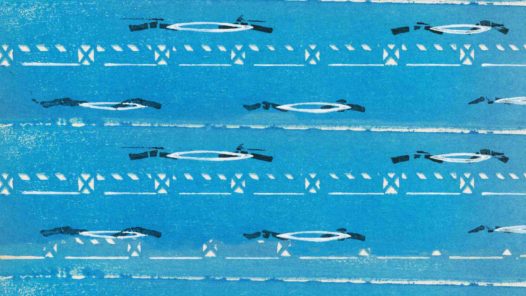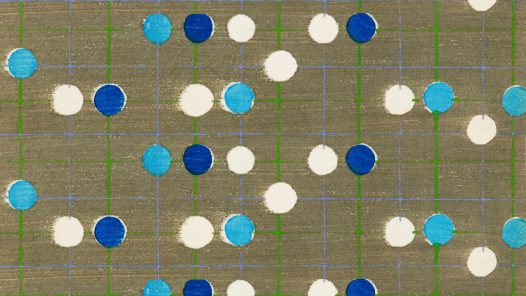The autocomplete function on your phone comes in handy, of course. But is it changing the way we write and how linguists study language? Also, suppose you could invite any two authors, living or dead, to dinner. Who’s on your guest list and...
Cat hair may be something you brush off, but cat hair is also a slang term that means “money.” In the same way, cat beer isn’t alcoholic — some people use cat beer as a joking term for “milk.” And imagine walking on a...
When Therese moved from New England to Petersburg, Alaska, she heard a rich mixture of language that arose from the Tlingit people who live there part of the year, the Norwegians who immigrated there, and a thriving fishing industry. So you might...
Scott in Cape Cod, Massachusetts, wonders if the words nother as in a whole nother and abso-bloomin-lutely are real words. Yes, they are! The construction a whole nother is an example of what linguists call tmesis, which involves the insertion of a...
Take a look back at some notable words and phrases from 2017: Remember path of totality? How about milkshake duck? Also, a committee has to choose a new mascot for a school’s sports teams. They want to call them the Knights, as in the fighters...







